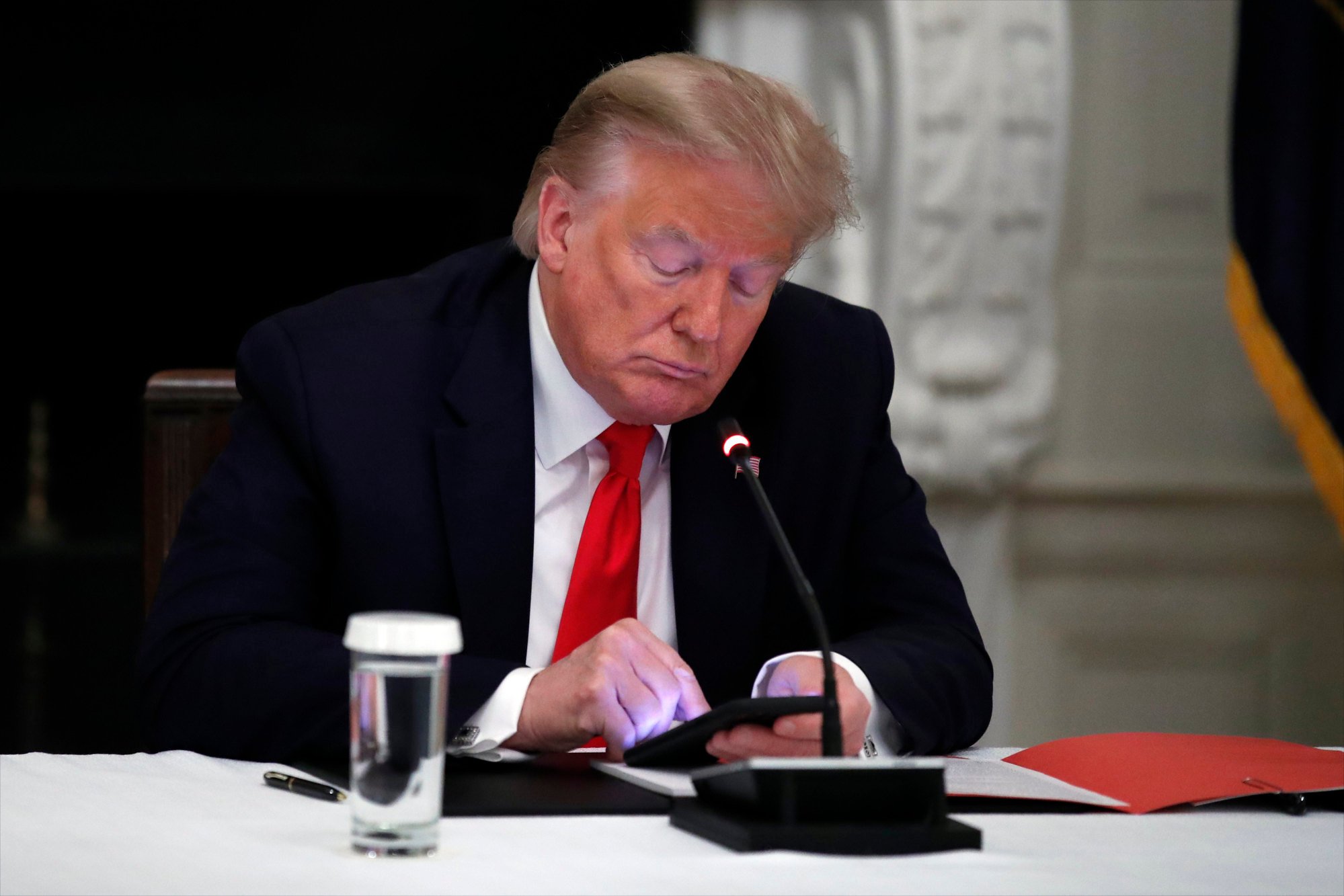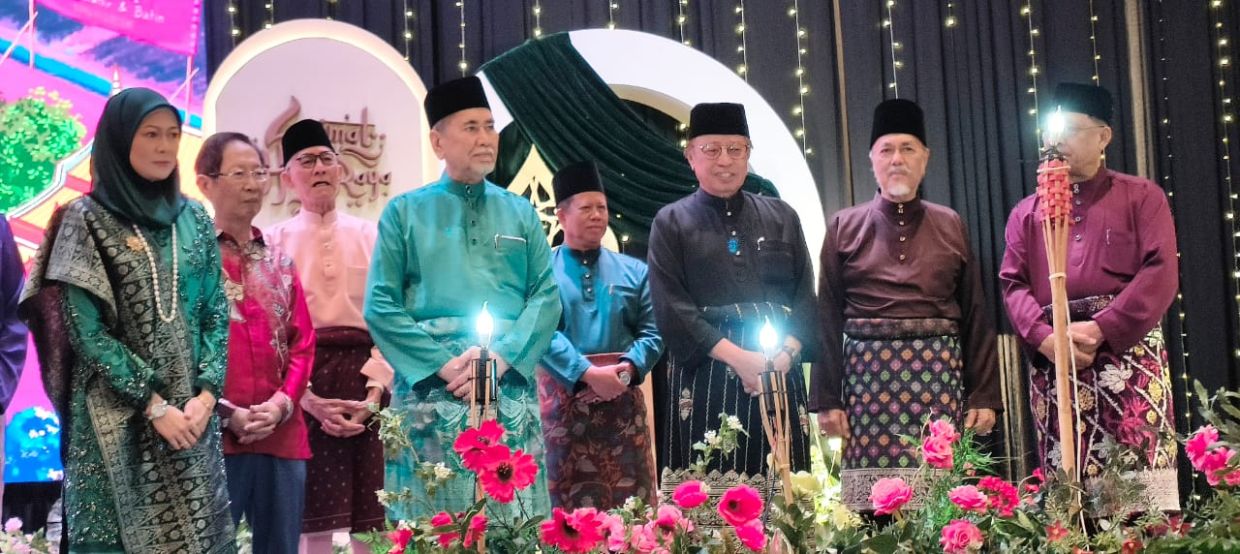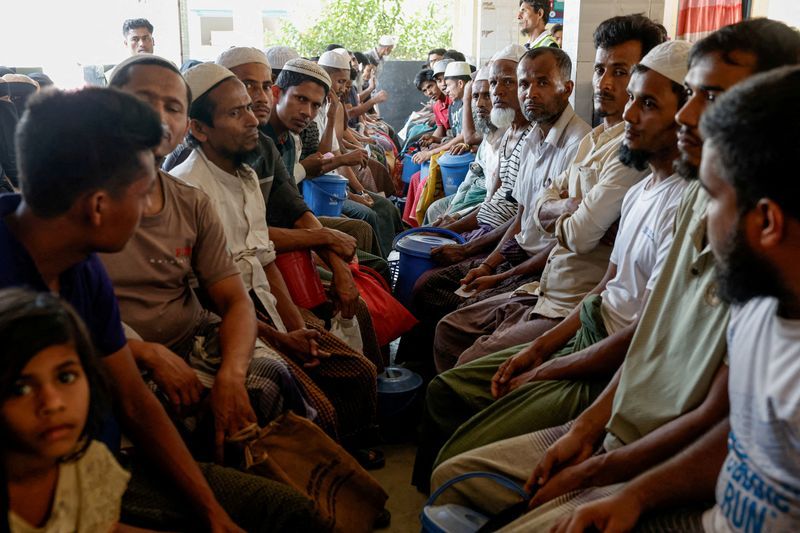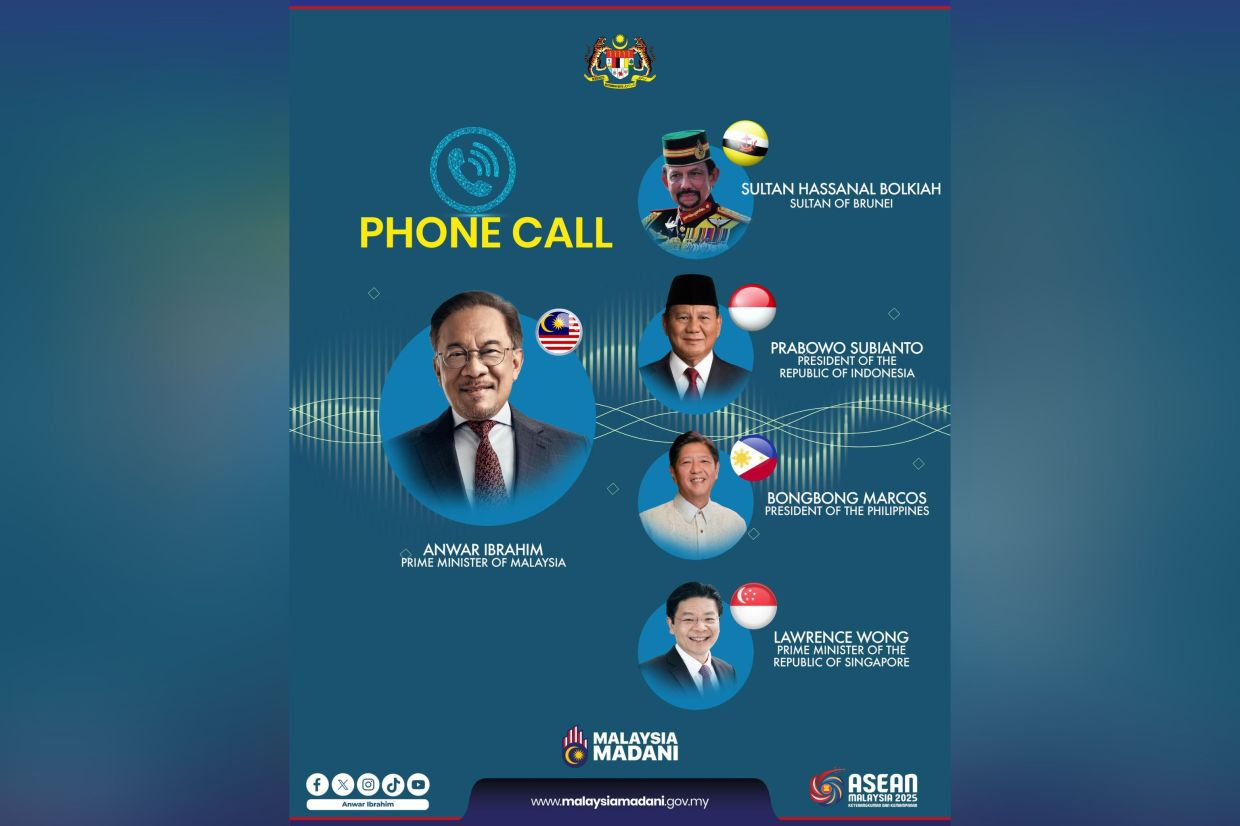
A former senior aide to Donald Trump claimed China had tapped the president-elect’s phone, stolen “extraordinary” amounts of data and is preparing for a first-strike nuclear capability against the United States.
H.R. McMaster, Trump’s national security adviser from 2017 to 2018, told a think tank event in New York on Wednesday that the US has to impose “very significant costs” on China for its “massive cyber intrusions”.
“They listen to President Trump’s phone and everybody around him for six months, right? They’ve stolen extraordinary amounts of data which we found on our telecom networks,” he told the event organised by the Council on Foreign Relations.
Do you have questions about the biggest topics and trends from around the world? Get the answers with SCMP Knowledge, our new platform of curated content with explainers, FAQs, analyses and infographics brought to you by our award-winning team.
“I believe that’s what China is doing, and you might think I’m kind of crazy for saying this, but I think that China is laying the groundwork for a first-strike nuclear capability against the United States.”
First-strike capability refers to the ability to launch a pre-emptive nuclear attack in the hope of damaging or destroying an enemy’s nuclear arsenal to limit its ability to retaliate.
McMaster’s claims came two weeks before Trump’s return to the White House and amid growing concerns over China’s expansion of its nuclear stockpile and cyberattacks allegedly linked to Beijing.
It was not clear if the comment about listening to Trump’s calls referred to reports in October suggesting that hackers linked to the Chinese government had targeted Trump’s communications during this year’s election campaign or previous claims that Chinese and Russian spies were listening to his calls during his term in office.
China dismissed the most recent allegations as “malicious speculation”, saying the US has “spread all kinds of disinformation about the so-called Chinese hacking threats”.
The former lieutenant-general said he had arrived at the conclusion that China was readying for a first-strike capability against the US judging from what China was doing “from a cyber perspective and really developing at least a latent capability to take down our communications networks as well as a massive build-up in their strategic forces”.
He said China’s surveillance and intelligence collection capabilities have focused “quite heavily” on Washington’s strategic forces. “I mean, if that’s the case, we should be quite serious about it,” he warned.
China’s foreign ministry has yet to respond to a request for comment. The country has a no-first use policy for nuclear weapons.
McMaster told the event the US needed to further develop its strategy to counter various forms of “Chinese aggression” and prevent Beijing from “establishing exclusionary areas of primacy across the Indo Pacific and creating new spheres of influence internationally that allow China to rewrite the rules of international discourse in a way that favours their statist economic model and their authoritarian governance model”.
In particular, he suggested that the US needed a combination of “active defence” for its critical infrastructure and an “offensive capability” in areas such as cyberspace and economics and finance.
“If [China is] gonna play this game, we ought to impose very significant costs and maybe exacerbate some of the very significant difficulties they have associated with their economic growth ... the massive youth unemployment that they have, the housing crisis, the debt crisis and so forth,” he said.
He added that such action would probably prompt a reaction and suggested that the US should war game different types of retaliation – such as diplomatic, economic and military – and “apply the tools that are available to us in a holistic way”.
Such tools could range from tariffs to other measures already imposed by President Joe Biden such as export controls and the screening of inbound and outbound investments, he said.
He said he favoured a joint “planning effort” by the National Economic Council and National Security Council to “make sure we’re considering the second and third-order effects”.

“Of course, ultimately, you would want to bring in multinational partners, like-minded partners, because it’s really important, I think, for us to not allow China to play us off against each other,” he added.
McMaster said the Biden administration has done “a pretty good job” in this regard, citing efforts to restrict China’s access to advanced chip manufacturing hardware and the Pentagon’s recent decision to place more Chinese companies, including tech giant Tencent and battery maker CATL, on a list of firms it believes work with the People’s Liberation Army.
“I think that this is a competition that will certainly continue under the Trump administration,” he said.
More from South China Morning Post:
- US-China dialogue touches on ‘candid’ concerns before Trump takes office
- Trump may declare national emergency so he can impose tariff plan, US report says
- China confirms Xi Jinping and Donald Trump have been in touch since US election
For the latest news from the South China Morning Post download our mobile app. Copyright 2025.








































